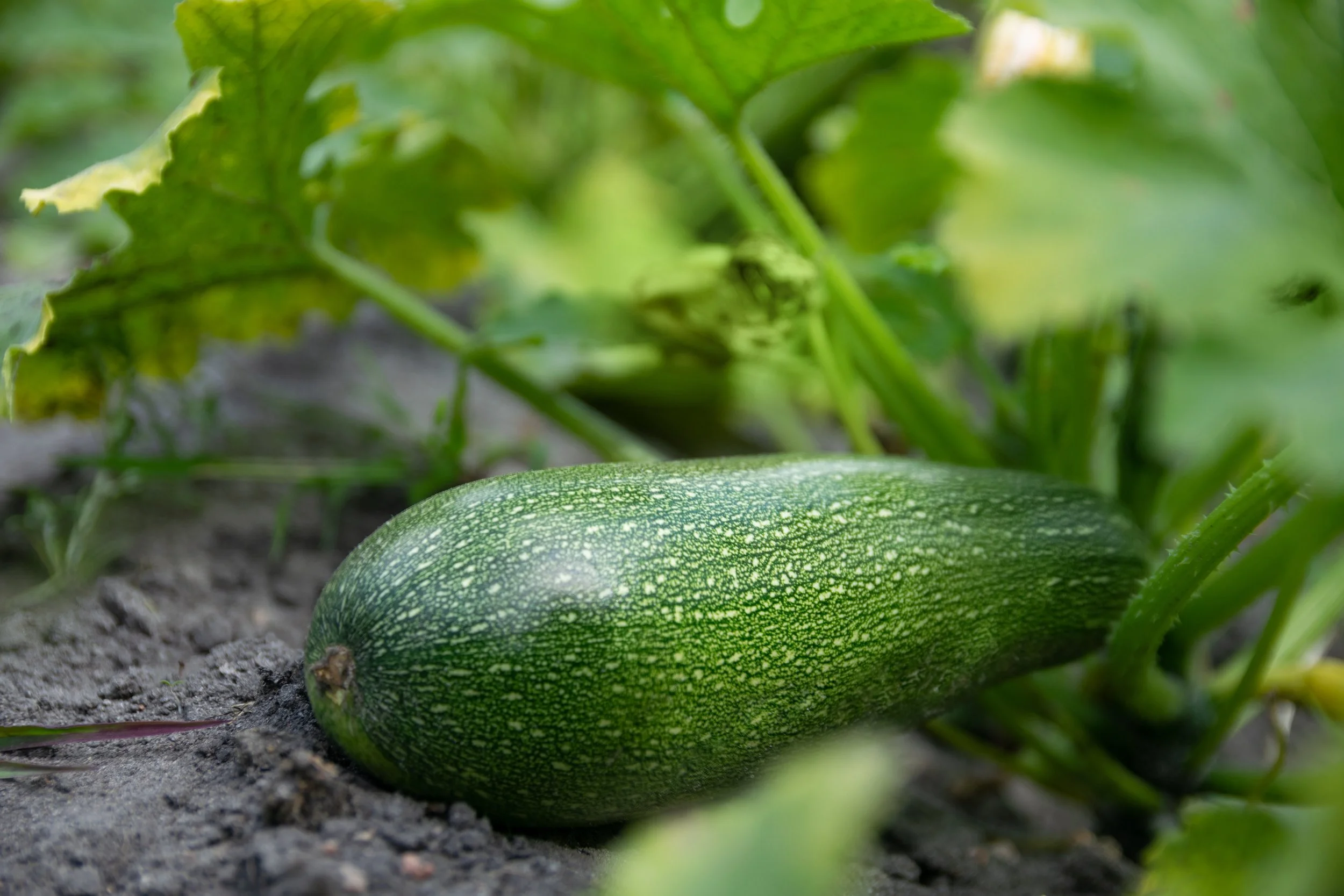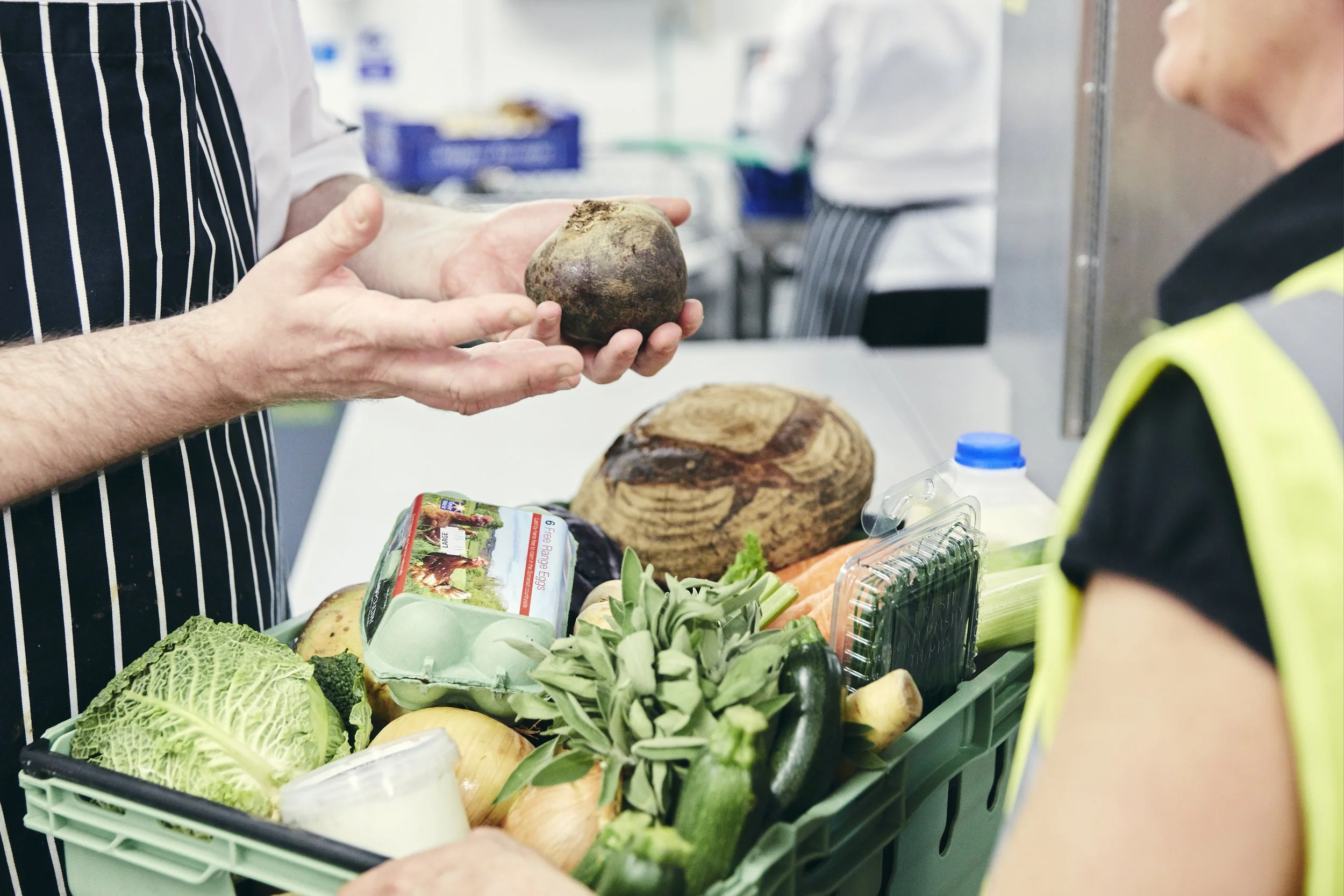Getting Started
Here you will find practical information outlining how to get started with dynamic food procurement and next steps for everyone in the supply chain.
Dynamic food procurement (DFP) is an innovative approach that aims to make public sector supply chains easier for smaller, local food businesses to access. It helps overcome some of the restrictions of traditional procurement by offering more flexible and responsive models, creating alternative routes to market for SME producers, supporting local economies, and enabling the procurement of more local and sustainable food.
What is Dynamic Food Procurement?
How does it work?
“Dynamic Purchasing Systems” (DPS), now called “Dynamic Markets”: Unlike traditional procurement frameworks, new suppliers can join at any time and this allows buyers to purchase in smaller lots with shorter lead times.
Short food supply chain specialist platforms (like AgileChain.io) make supplying inclusive and simple for SME producers and enable catering institutions to establish efficient economies of scale with partner distributors.
Data transparency: Information on the food items, where they have come from and how they have been produced, is fully visible at all stages of the chain, enabling buyers to make informed purchasing decisions, and providing a compelling story for diners and customers. This can be a critical enabler for the transition to more sustainable and profitable farming approaches.
Framework Agreements with Mini-Competitions: Buyers can source goods through “contract call-offs”, offering opportunities for regular re-engagement.
Dynamic procurement is best digitally enabled and regionally coordinated, and it provides a practical route for food producers who struggle with the entry barriers of traditional procurement models.
For Buyers
-
It’s likely that you are reading this because you are interested in sourcing more local, sustainable food, from SME farmers, growers and suppliers. Many buyers start their DFP journey with a set of goals or desires for changing the make-up of the food they are sourcing to be better for people and planet. So what are your options?
The Crown Commercial Service Buying Better Food (BBF) Framework, launched in 2024, does the heavy lifting on facilitating a regulatory compliant route to dynamic procurement for inhouse public sector caterers buying food. Secondly, there is the Soil Association’s Food for Life Supply Chain Plus program (FFLSC+) which is usable alongside buyers’ existing procurement frameworks. FFLSC+ is available to both public and private sector caterers that are either existing or new Food for Life Served Here members. Both of these routes use AgileChain technology; the same technology that pioneered well documented successful Dynamic Food Procurement pilots. -
The “Buying Better Food & Drink (BBF) Framework” by the Crown Commercial Service is free to join and addresses many of the principles of Dynamic Food Procurement proposed by this National Advisory Board.
How to buy this way:
Email the BBF team at Entegra: buyingbetter@entegraps.uk
They will then analyse your purchasing data and present supply chain recommendations to help you decide the best products, supply routes, quality and pricing options for your organisation.
Your organisation will be onboarded to the AgileChain tech platform, where you can view and purchase your selected food and drink products.
Once you are on the AgileChain platform you can start to nominate your own producers and specialist product lines.
Ongoing support:
As you purchase through AgileChain, the system will track product data to inform future decisions, with Entegra’s team providing ongoing supply chain management support and system guidance.Entegra will continue to work with you, the distributors and your nominated producers to improve the supply chain for everyone in it. This includes looking at efficiency, quality, sustainability, and social impact.
As you continue ordering, Entegra will monitor the impact and changes these purchases make to your business. You will also be provided with reporting and recommendations to help you achieve your purchasing goals.
Find out more about the Buying Better Food Framework on the Crown Commercial Service website here.
Find procurement documents and contact details on the Crown Commercial Service here.
-
The Food for Life Supply Chain Plus (FFLSC+) program is free to join, and is already available to all Food for Life Served Here caterers. If you are not a Food for Life Served Here caterer but would like to know more about becoming one, please visit Food for Life for more information: Food for Life Served Here | Food for Life
FFLSC+ uses AgileChain technology like the BBF but the key difference is that FFLSC+ is not a framework. It is a flexible solution that can be used alongside existing frameworks or contracted approach that you are already using, by establishing a direct marketplace to access more local and sustainable producers alongside your existing range of suppliers and products. FFLSC+ can be used by private sector catering companies as well as inhouse public sector caterers.
Food For Life works with 25% of schools in England and more than half the schools in Scotland as well as many hospitals, universities, workplaces and visitor attractions. The Food for Life team offer a range of training and consultancy support services from supply chain brokering, to menu re-design, to story-telling to diners, and cooking and preparation skills training.
Additionally, the Soil Association has a vast network of organic and agro-ecological producers and suppliers that we are actively onboarding to the FFLSC+ marketplace, giving you a wide range of local and sustainable sourcing options.
How to buy this way:
Email the FFLSC+ team at Soil Association: ffl@foodforlife.org.uk
They will then discuss your requirements and analyse your purchasing data, and present supply chain recommendations to you.
Your organisation will be onboarded to the FFLSC+ marketplace, where you can easily view and purchase your selected food and drink products.
Once you are on the FFLSC+ marketplace you can start to nominate your own producers and specialist product lines.
Ongoing support:
As you purchase through FFLSC+, the system will track product data to inform future decisions, with Soil Association’s team providing ongoing supply chain management support and system guidance.
As you continue ordering, Soil Association will monitor the impact and changes these purchases make to your business. You will also be provided with reporting and recommendations to help you achieve your purchasing goals.
Find out more on the Food for Life website here.
Contact:
Gay Darke gdarke@soilassociation.org
Sophie Pritchard spritchard@soilassociation.org
For Producers & Suppliers
-
The UK public sector represents a significant and stable market for food producers, encompassing institutions such as schools, hospitals, prisons, and local councils. However, selling into this market requires a fundamentally different approach than dealing with private sector buyers.
At its core, public sector procurement is governed by legislation designed to ensure transparency, fairness, and value for money. The key regulations currently shaping public food procurement include the Public Contracts Regulations 2015 and the Procurement Act 2023. Unlike private sector buyers, public sector purchasers must follow strict legal procedures, including public advertising of opportunities, objective scoring systems for tenders, and detailed contract award notices. Many SME suppliers face challenges supplying the market due to these parameters, but the good news is that the latest legislation actually requires public sector buyers buy more food directly from SME producers and suppliers.
Where private procurement often relies on personal relationships, flexibility, and informal agreements, public procurement is process-driven and risk-averse. Timeframes are longer, requirements are more detailed, and there is less scope for negotiation once a tender is published. Understanding these structural differences is essential for producers looking to succeed in this space.
-
The taxpayer spends £5bn a year on food and catering in the public sector and approximately half of this is on the food and drink itself. Public sector institutions are increasingly required to deliver on broader policy goals, including sustainability, supporting local economies, reducing carbon emissions, and improving food quality. This creates an opening for food producers who can demonstrate compliance with standards and alignment with these values.
The Government has pledged that 50% of public food and drink procurement will be “local or sustainable”, meaning that now is the opportune time for SME food producers to consider supplying into this market.
Buyers are also under pressure to improve the provenance, health value, and sustainability of the food they source. This gives producers an opportunity to stand out by focusing on local sourcing, seasonality, traceability, and environmentally responsible practices.
Public procurement is undergoing reform, with the Procurement Act 2023 aiming to simplify processes and increase transparency and accessibility for SMEs. There is growing momentum behind place-based procurement, supporting food systems that contribute to local economic resilience and environmental goals.
As institutions adopt more flexible and outcome-focused procurement practices, producers who can deliver quality, traceability, and value for money in an ethical and sustainable way are well positioned to benefit. This guide aims to equip them with the knowledge, tools, and confidence to engage with this important and evolving market.
-
To thrive in the public sector, producers must become “procurement ready.” This involves:
Understanding and aligning with food standards, including food hygiene certifications, sustainability credentials, and traceability documentation.
Registering with procurement portals such as Contracts Finder and Find a Tender or frameworks like Buying Better Food and Drink, or initiatives such as Food For Life Supply Chain+. You can register for the Food For Life Supply Chain+ AgileChain Directory here.
Building capacity to respond to tenders, including preparing business documentation, pricing structures, and evidence of compliance.
Consider public sector buyers when you’re developing new product ranges and looking for customers for your products in your area. Consider the products that could be of interest to schools, hospitals, universities and then approach the catering or procurement leads in these institutions to promote your products.
If they buyers show interest in your products, ask them:
Who their current suppliers are
Whether they are buying through a procurement framework - if so which?
Once you have an interested buyer then suggest they approach the Buying Better Food framework or the Food For Life Supply Chain+ initiative to support their onboarding of new producers and suppliers into their procurement approach.
For Distributors
-
Wholesalers and distributors play a vital bridging role in connecting food producers with public sector institutions, such as schools, hospitals, prisons, and care homes. These institutions are under increasing pressure to source food that is:
Sustainable
Locally or regionally produced
Nutritious
Ethically sourced
Dynamic food procurement enables public authorities to embed these goals into food purchasing. Distributors who indicate a willingness to work with DFP can position themselves as key enablers of change, and win more contracts as a result.
Public sector buyers have increasingly strict requirements around:
Delivery frequencies and reliability
Chilled/frozen chain maintenance
Supplier traceability
Allergen and nutritional data
-
You can add value by:
Offering batch-level data and traceability dashboards
Providing meal compliance packs or pre-prepared ingredients for institutional kitchens
Helping buyers meet Net Zero targets through carbon footprint reporting of the full value chain or embracing fuel-efficient delivery methods.
Leveraging your existing direct supply chains to UK producers by listing fresh produce linked back to the farm origin in the UK. Consider maintaining supply chain transparency between farm and caterer and sharing stories about the farm or farmers and how they are producing food differently.
Making a commitment to increase the number of short transparent supply chain to SME producers.
-
If you are interested in supplying to the public sector, either through the BBF Framework or through Food for Life Supply Chain Plus - or both, please contact either team on the contact details below and they will walk you through the next steps below.
Assess how much of your current offer supports local, SME, and seasonal produce.
Identify gaps and recruit new regional suppliers to plug them.
Document traceability and certifications (Red Tractor, Soil Association, MSC, etc.)
Get in touch
Email the BBF team at Entegra: buyingbetter@entegraps.uk
Email the FFLSC+ team at Soil Association: ffl@foodforlife.org.uk




